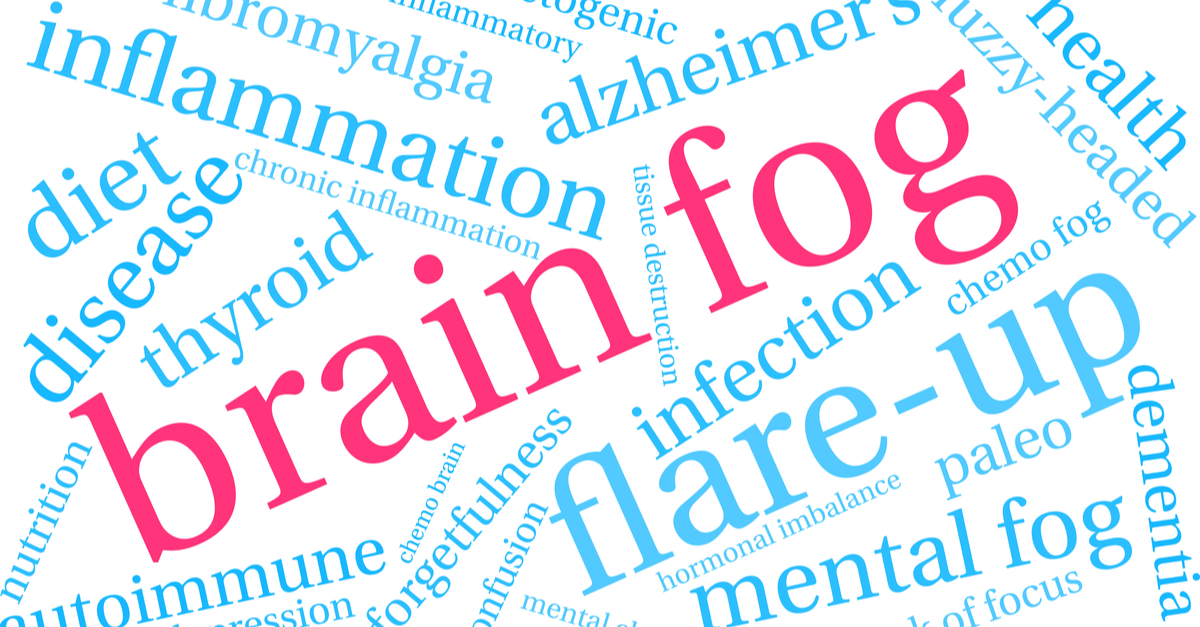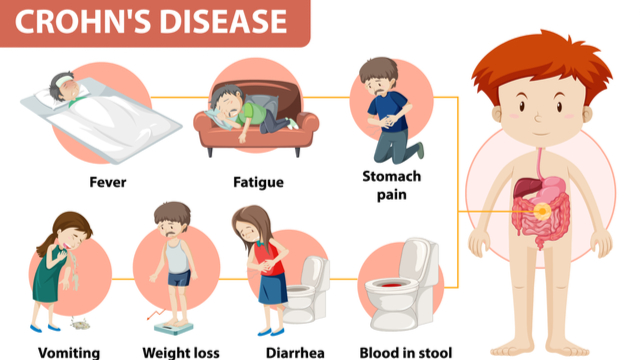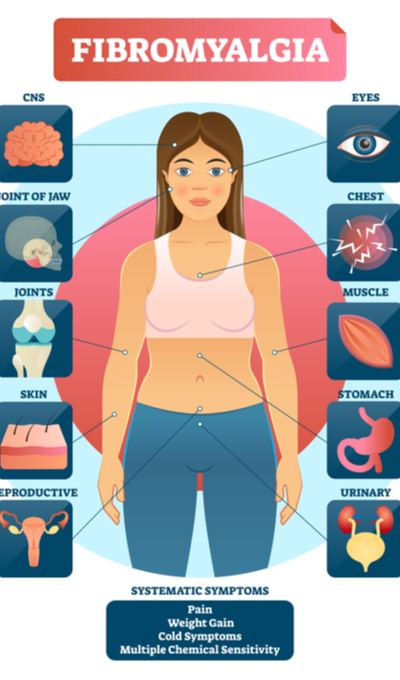Brain Fog
Brain fog is a term used to describe a wide variety of symptoms that can include feeling forgetful, mentally sluggish, and having trouble concentrating. It can be caused by many different things such as stress, anxiety, poor diet, and sleep deprivation.
If you’re experiencing brain fog there are some things you need to avoid and there are many things you can do to help clear it up.
The symptoms are pretty clear, so let’s dive into how you can avoid brain fog and then some things you can start doing right away if you do have brain fog!
How to Avoid Brain Fog.
If you’re looking to prevent brain fog, it’s important to identify the root cause of your symptoms. Here are the five most common causes of brain fog and how you can avoid them:
Poor Diet
A poor diet is one of the most common causes of brain fog. If you’re not eating a balanced and healthy diet, your brain won’t be getting the nutrients it needs to function properly. This can lead to symptoms like brain fog, fatigue, and mood swings.
To avoid issues caused by poor diet, make sure to eat plenty of fruits and vegetables, lean proteins, and whole grains. Avoid processed foods, sugary drinks, and excessive caffeine.
Lack Of Sleep
If you’re not getting enough sleep, brain fog is one of the most common side effects. When you don’t get enough rest, your brain isn’t able to function at its best. This can lead to problems with concentration, focus, and memory.
To avoid brain fog due to lack of sleep, make sure to get at least seven hours of sleep each night. Establish a regular sleep schedule and avoid using electronic devices before bed. A pro tip is to make sure you get outdoor light exposure first thing in the morning, even if it’s cloudy. This will set your circadian clock.
Stress And Anxiety
Stress and anxiety can be a major cause of brain fog. When you’re stressed out, your brain is working overtime to produce cortisol and other stress hormones. This can lead to problems with focus, concentration, and memory.
To avoid brain fog caused by stress and anxiety, make sure to practice relaxation techniques like meditation and yoga. Make time for self-care tasks like massage, aromatherapy, and journaling. And make sure to talk to a therapist if you’re struggling with anxiety or stress.
Medication Side Effects
Certain medications can cause brain fog as a side effect. If you’re taking medication and you’re experiencing brain fog, talk to your doctor about possible alternatives.
Environmental Toxins
Exposure to environmental toxins can also cause brain fog. Things like air pollution, cigarette smoke, and chemical fumes can all have a negative effect on your brain health.
To avoid brain fog caused by environmental toxins, try to limit your exposure to these things as much as possible. Install a quality air filter in your home, avoid smoking, and steer clear of chemical-laden products.
What can you do to help alleviate brain fog?
There are many different things you can do to help clear brain fog and improve your cognitive function.
Get Enough Sleep
One of the most important things you can do for brain health is get enough sleep. When you don’t get enough sleep, your brain fog is likely to worsen. Aim to get 7-8 hours of quality sleep each night.
Manage Stress And Anxiety
Chronic stress and anxiety can take a toll on the brain and lead to brain fog. To reduce stress and anxiety, try practicing relaxation techniques like yoga or meditation. A simple breathing exercise you can do almost anywhere is; breath in your nose counting to 4. Hold it for a count of 7. Let it out through your mouth at a count of 7. Do this 3-5 times and it will lower your stress response.
Avoid Brain Fog Triggers
If you know that certain things trigger your brain fog, try to avoid them as much as possible. This might mean avoiding caffeine, nicotine or alcohol, or steering clear of large crowds or stressful situations. Once you’re aware of your brain fog, you will start to notice what makes it worse
Eat A Healthy Brain First Diet
A healthy diet is essential for brain health. Make sure to include plenty of brain-boosting foods like omega-3 fatty acids, probiotics, B vitamins, antioxidants and herbs like ginkgo biloba and gotu kola.
Take Supplements
If you’re struggling to get all the nutrients you need from food alone, consider taking supplements. There are a number of supplements that can help improve brain function.
Omega-3 fatty acids are essential for brain health. They help protect the brain from damage and improve cognitive function. Omega-3 fatty acids can be found in foods like salmon, walnuts, and flaxseeds
Probiotics are beneficial bacteria that help keep the gut healthy. They’ve also been shown to improve brain function. Probiotics can be found in foods like yogurt, kefir, and sauerkraut.
B vitamins are essential for brain health. They help improve cognitive function and protect the brain from damage. B vitamins can be found in foods like beef, poultry, eggs, and legumes.
Herbal supplements like ginkgo biloba and gotu kola are known for their brain-boosting effects. They help improve cognitive function and protect the brain from damage. Herbal supplements can be found in health food stores and online.
One of our fastest treatments for Brain Fog is IV Drip Therapy.
Our clinic offers IV drips for brain fog and mental performance that are made up of the highest quality ingredients available at therapeutic doses.
The key benefits of an IV Drip for brain fog and mental performance are:
- Decreases neuroinflammation, which is often a cause of brain fog
- Nutritive for brain health – improves cellular health and provides building blocks for neurotransmitter production
- Supports detoxification; clearing waste from your system
Unless specified, every IV Drip at Higher Health starts with the following base ingredients before we add on for your specific goal:
- Vitamin C
- Magnesium
- Calcium
- Trace Minerals (Chromium, Copper, Manganese, Selenium, Zinc)
- B Vitamins (B1,B2, B3, B5, B6, B12)
- Amino Acids (which promote cellular repair and optimal function)
To help with brain fog and mental performance, an IV drip will also include the following:
Vitamin C – Vitamin C is a strong antioxidant and plays a large role in supporting mental performance. Low levels of vitamin C have been correlated with an impaired ability to think and remember. In addition, several studies have shown that individuals with dementia may have lower serum levels of vitamin C. Increasing intake of vitamin C has shown a protective effect on thinking and memory during aging.
Glutathione – Glutathione is our master antioxidant and helps reduce oxidative stress and inflammation in the body. Research suggests that oxidative stress and inflammation near the brain, spine, and nerves (central nervous system) can increase the risk of dementia. Supporting detoxification helps reduce brain fog associated with free radicals and increases mental clarity.
NAC – Working as glutathione’s sidekick, n-acetyl-cysteine supports the antioxidant pathway, neutralizing free radicals that contribute to brain fog. It regulates glutamate levels in the brain, which is an important neurotransmitter involved in memory, learning, and behaviour.
Carnitine – Acetyl-l-carnitine can help improve memory and mitochondrial function. It has shown to prevent age-related cognitive decline and improve aspects of learning. Carnitine supplementation improves mental functioning in older individuals experiencing memory loss.
Vitamin B12 – Vitamin B12 deficiency has been associated with memory issues, confusion, and dementia. It is involved in the development of the brain as it maintains healthy blood cells and nerve cells. Vitamin B12 supplementation has shown to improve cognitive function in individuals who are deficient.
B6 – Vitamin B6 is an important cofactor in the production of several neurotransmitters that have an effect on memory and cognitive function. Research has found high doses of vitamin B6 to be beneficial for inattention associated with ADHD, demonstrating its effect on mental performance and focus.
B5 – Vitamin B5 is essential for healthy brain function and has shown to slow the progression of memory loss. It has shown to improve memory and support the nervous system through the production of neurotransmitters. Vitamin B5 is important for mitochondrial health which ensures the production of ATP (energy) for our brains.
Magnesium – Magnesium is a critical nutrient in support of brain health. It has shown to improve both short and long term memory, as well as reduce the risk of memory loss associated with advanced age. Research has found an association between magnesium deficiency and neurological disorders such as Alzheimer’s.
If you have any questions about how we can help you with brain fog or your health in general, please book a free intro consultation with one of our naturopathic doctors. *available only for Ontario residents.
References:
https://pubmed.ncbi.nlm.nih.gov/29252056/
https://pubmed.ncbi.nlm.nih.gov/19131473/
https://pubmed.ncbi.nlm.nih.gov/30551349/
https://pubmed.ncbi.nlm.nih.gov/20454891
https://pubmed.ncbi.nlm.nih.gov/1365868
https://pubmed.ncbi.nlm.nih.gov/11244289
https://pubmed.ncbi.nlm.nih.gov/20454891










